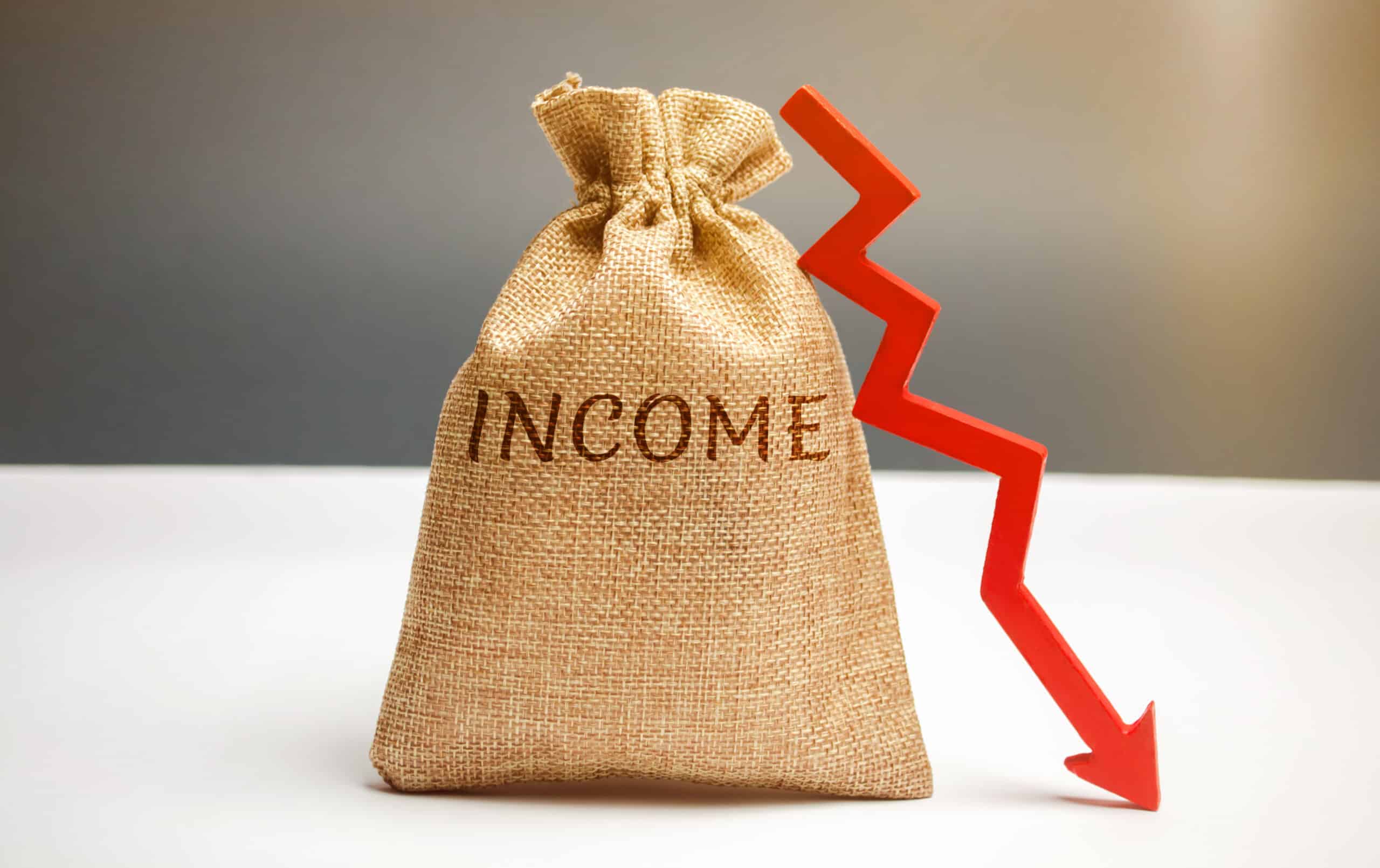 Financial privacy is a factor that is often overlooked when you are considering a divorce process option. However, safeguarding your financial information and keeping your financial life private during and after your divorce is a major benefit to the Collaborative Divorce Process.
Financial privacy is a factor that is often overlooked when you are considering a divorce process option. However, safeguarding your financial information and keeping your financial life private during and after your divorce is a major benefit to the Collaborative Divorce Process.
Courtroom battles will often times expose your personal and business financial lives to the public eye.
What is Collaborative Divorce?
Collaborative divorce is a process that provides a private professional team to help you identify custom solutions that are mutually beneficial to you and your spouse instead of fighting in Court. Unlike traditional litigation, which often exacerbates conflict and prolongs the process, collaborative divorce emphasizes respect and efficiency.
Financial Privacy
Privacy is not about keeping secrets; it’s about maintaining confidentiality over your financial life. In collaborative divorce, your financial privacy is protected by agreeing not to file financial affidavits and other sensitive financial information with the Court. Instead, we employ a private financial neutral to gather and exchange all important information with you, your spouse and your entire professional team. This information is used to help you reach a fair and prompt solution, without disclosing all of your finances to the public eye.
Confidentiality Agreements
One of the cornerstones of collaborative divorce is the confidentiality agreement signed by all parties involved, including you and your collaborative attorney. This agreement ensures that discussions, negotiations, and documents shared during the process remain confidential. By establishing a framework of trust and confidentiality, collaborative divorce empowers you to address sensitive financial matters openly, and without fear of public exposure.
Limited Court Involvement
In traditional divorce proceedings, court appearances are commonplace, and court documents become part of the public record. Conversely, collaborative divorce eliminates contested court hearings. This means that your financial documents and information are kept private.
Private Financial Disclosures
Financial transparency is essential for reaching fair settlements, but divulging intimate financial details in a public forum is not something any of us want to do. In collaborative divorce, your financial information is shared exclusively with the involved professionals, such as financial neutrals or accountants, rather than being submitted to the court. This allows you to maintain confidentiality while still ensuring transparency and fairness in the negotiation of your divorce settlement.
Tailored Solutions for Privacy Concerns
Every divorce is unique, and privacy concerns can vary depending on individual circumstances. Collaborative divorce offers the flexibility to address these concerns effectively. Whether it’s protecting your business interests, safeguarding inheritances, or shielding sensitive financial information from public scrutiny, as collaborative professionals, we work to tailor solutions that prioritize your privacy without sacrificing financial clarity.
Benefits Beyond Privacy – Efficiency
While safeguarding your financial privacy is a significant advantage of collaborative divorce, the benefits extend far beyond confidentiality. By working privately with trained collaborative professionals, you will avoid the delays associated with court dates and formal discovery procedures. Instead, you can expect a faster resolution, reduced costs, and more complete solution that allows you to maintain control over your divorce.
Conclusion: Privacy in Divorce
In the digital age, privacy is a precious commodity, especially when it comes to our financial lives. Collaborative divorce offers a path for you to keep your financial information outside of the courtroom.
Mindful Divorce, P.A.
If you, or a friend of yours, has questions about how to put your children’s best interest first in your divorce in Palm Beach County, we are here to help.





